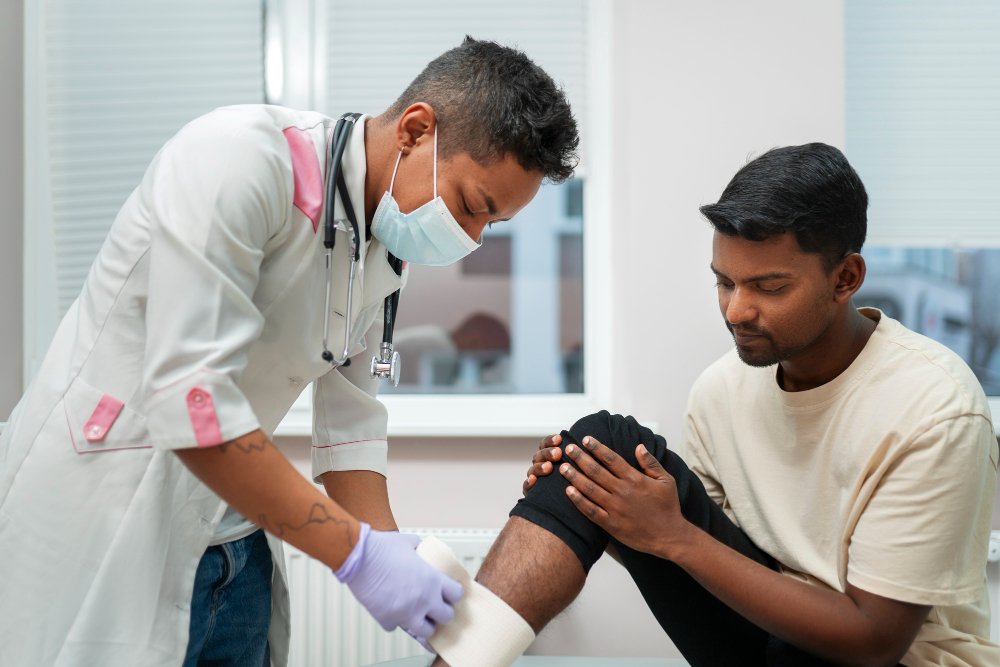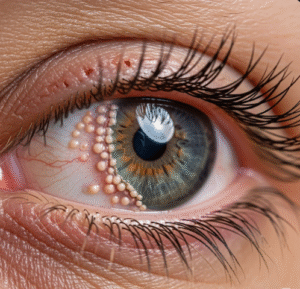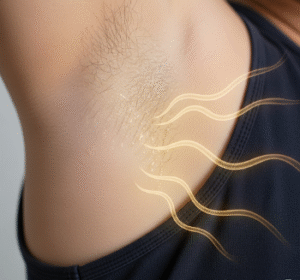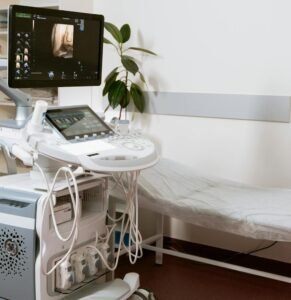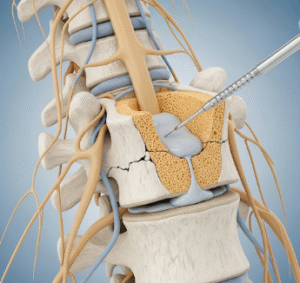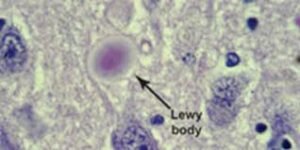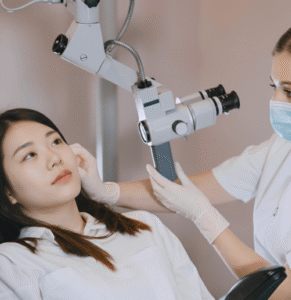Overview
Myositis is a rare group of inflammatory muscle diseases that cause progressive muscle weakness and fatigue. In Korea, patients with myositis benefit from early diagnosis and multidisciplinary care, including rheumatology, neurology, and rehabilitation services. Major hospitals such as Seoul National University Hospital, Asan Medical Center, and Samsung Medical Center offer comprehensive treatment, including immunosuppressive therapy, physical rehabilitation, and supportive care to improve quality of life.
What is Myositis?
Myositis refers to inflammation of skeletal muscles, which can lead to muscle weakness, pain, and in severe cases, difficulty in performing daily activities. There are several types, including polymyositis, dermatomyositis, inclusion body myositis, and juvenile myositis. Myositis can occur in adults and children and may be associated with autoimmune conditions or triggered by infections, medications, or malignancies.
Symptoms
- Progressive muscle weakness, often starting in the hips, thighs, shoulders, or upper arms
- Muscle pain or tenderness
- Difficulty rising from a chair, climbing stairs, or lifting objects
- Fatigue and reduced endurance
- Skin rash in dermatomyositis (heliotrope rash, Gottron’s papules)
- Trouble swallowing (dysphagia) in severe cases
- Shortness of breath if respiratory muscles are involved
Causes
- Autoimmune dysfunction, where the immune system attacks muscle fibers
- Viral or bacterial infections triggering inflammation
- Certain medications (e.g., statins, immune checkpoint inhibitors)
- Association with underlying cancers in some adults
- Genetic predisposition in rare familial cases
Risk Factors
- Female gender (higher incidence in adults for dermatomyositis and polymyositis)
- Age over 40 for adult-onset types; children can develop juvenile myositis
- History of autoimmune diseases
- Exposure to certain medications that may trigger muscle inflammation
- Family history of inflammatory or autoimmune disorders
Complications
- Chronic muscle weakness and reduced mobility
- Respiratory difficulties if chest muscles are affected
- Difficulty swallowing leading to malnutrition or aspiration
- Heart involvement in some types (cardiomyopathy or arrhythmias)
- Increased risk of infections due to immunosuppressive therapy
- Skin ulceration or calcinosis in dermatomyositis
Prevention
- No guaranteed prevention exists
- Early detection through awareness of muscle weakness and rash
- Prompt treatment of infections or medication-related triggers
- Regular monitoring for autoimmune or associated conditions
- Maintaining muscle strength through safe, guided exercise under professional supervision
Treatment Options in Korea
Treatment focuses on reducing inflammation, managing symptoms, and preventing long-term disability.
- Diagnosis
- Blood tests for muscle enzymes (creatine kinase, aldolase)
- Autoantibody testing (e.g., anti-Jo-1)
- Electromyography (EMG) to assess muscle activity
- Muscle biopsy to confirm inflammation type
- MRI to detect affected muscles
- Medical Treatments
- Corticosteroids (prednisone) to reduce inflammation
- Immunosuppressive drugs (methotrexate, azathioprine, mycophenolate)
- IVIG (intravenous immunoglobulin) in severe or refractory cases
- Biological therapies for selected patients
- Rehabilitation & Supportive Care
- Physical therapy to maintain strength and flexibility
- Occupational therapy for daily activities
- Nutritional support for swallowing difficulties
- Pain management and fatigue reduction strategies
- Specialized Hospitals in Korea
- Seoul National University Hospital – Rheumatology and neurology clinics for myositis
- Asan Medical Center – Advanced immunotherapy and rehabilitation programs
- Samsung Medical Center – Multidisciplinary management including pediatric and adult myositis
- Yonsei Severance Hospital – Long-term monitoring, supportive care, and counseling
- Long-Term Follow-Up
- Regular muscle strength and enzyme monitoring
- Adjustments in medications to minimize side effects
- Ongoing physical and occupational therapy
- Screening for complications such as lung involvement or malignancy

